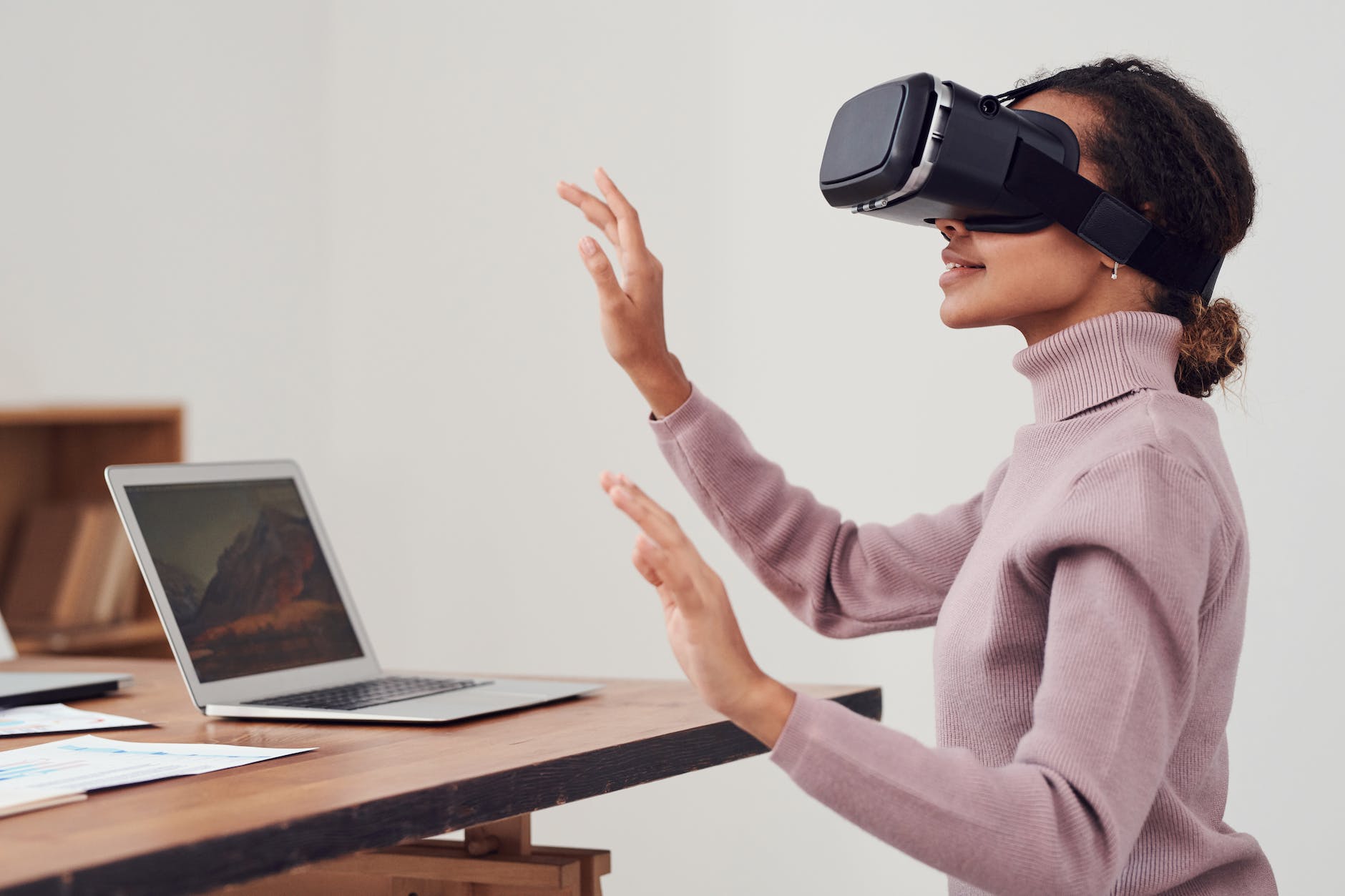- by admin
- in AI, Technology No comments yet
The Future of Augmented Reality in Healthcare: Applications and Innovations
In recent years, the healthcare industry has been on the cusp of a technological revolution, driven by innovations in healthcare technology. One of the most promising and exciting advancements in this space is the integration of augmented reality in healthcare (AR). Augmented reality, often abbreviated as AR, has the potential to revolutionize the way healthcare professionals diagnose, treat, and educate patients. In this blog post, we will explore the various applications of augmented reality in healthcare and discuss the groundbreaking innovations that are shaping the future of this field.
- Medical Imaging and Visualization
One of the primary applications of augmented reality in healthcare is enhancing medical imaging and visualization. AR allows physicians and surgeons to overlay digital information, such as 3D anatomical models or real-time data, onto a patient’s body during surgery. This provides surgeons with a more comprehensive view of the patient’s anatomy, improving precision and reducing the risk of complications. Keywords: medical imaging, surgical visualization, 3D anatomical models.
2. Surgical Navigation
Augmented reality can be a game-changer in the operating room. Surgeons can wear AR headsets that display vital information, like CT scans and MRI images, directly onto their field of view. This technology aids in precise incisions, reduces the duration of surgeries, and minimizes the risk of errors. Keywords: surgical navigation, augmented reality in surgery, AR headsets for surgeons.
3. Medical Training and Education
AR has immense potential in medical training and education. Medical students and professionals can use AR applications to practice surgical procedures, examine virtual patients, and simulate complex medical scenarios. This hands-on experience enhances learning and ensures that healthcare providers are well-prepared for real-world situations. Keywords: medical education, AR in medical training, virtual patient simulations.
4. Telemedicine and Remote Consultations
Telemedicine has become increasingly popular, especially in the wake of the COVID-19 pandemic. AR technology can enhance telemedicine by allowing doctors to project holographic images of medical data or provide remote guidance during procedures. This ensures that patients in remote areas can access high-quality healthcare services. Keywords: telemedicine, remote consultations, augmented reality in telehealth.
5. Rehabilitation and Physical Therapy
Patients undergoing physical therapy or rehabilitation can benefit from augmented reality applications. AR can create immersive exercises and games that encourage patients to perform their rehabilitation routines effectively. This not only makes the process more engaging but also helps in tracking progress accurately. Keywords: physical therapy with AR, rehabilitation exercises, AR for rehabilitation.
6. Assistive Devices and Accessibility
Augmented reality can be a boon for individuals with disabilities. AR glasses or headsets can provide real-time information about the environment, helping visually impaired individuals navigate independently. It can also offer real-time language translation for those with hearing impairments, making communication more accessible. Keywords: AR for disabilities, assistive AR devices, accessibility technology.
7. Pharmaceutical Research and Development
AR can expedite the drug discovery process by enabling researchers to visualize complex molecular structures and interactions in 3D. This aids in the design and testing of new medications, potentially speeding up the development of life-saving drugs. Keywords: pharmaceutical research, drug discovery with AR, molecular visualization.
Conclusion
The future of augmented reality in healthcare is promising and filled with innovative applications that have the potential to improve patient outcomes, streamline medical procedures, and enhance medical education. As technology continues to advance, we can expect even more groundbreaking developments in this field. Augmented reality is poised to be a transformative force in healthcare, offering solutions that were once thought to be the stuff of science fiction. As healthcare technology and AR continue to converge, we can look forward to a healthier and more connected world.
Incorporating augmented reality into healthcare practices is a significant step toward a more efficient, accessible, and patient-centric healthcare system. As research and development in this field continue to progress, we can anticipate an exciting era where the boundaries of healthcare are redefined, ultimately benefiting both healthcare professionals and patients alike. The future of healthcare is undoubtedly augmented, and the possibilities are boundless.
To find companies that will help your digital journey checkout below:
OR
Take a look at our LinkedIn page:




Leave a Reply